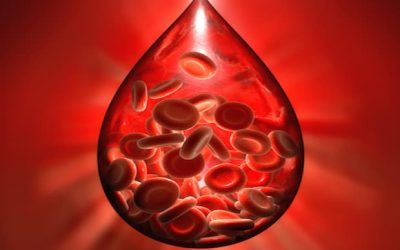Ending days of speculation GlaxoSmithKline has now confirmed the departure of its current R&D chief Patrick Vallance.
Taking his place will be Hal Barron, who has been appointed chief scientific officer and president, R&D, with effect from January 1, 2018.
Barron is currently president R&D at Calico (California Life Sciences LLC), an Alphabet-funded company that uses advanced technologies to increase understanding of lifespan biology.
His prior roles include executive vice president, head of global product development, and chief medical officer of Roche, and senior vice president, development and CMO at Genentech.
“Hal has exceptional experience and a strong track record of developing significant new medicines from his time at Roche and Genentech; whilst at Calico he has helped build a research organisation that uses cutting-edge technologies in drug discovery and development,” said GSK chief executive Emma Walmsley, commenting on his appointment.
“He is also very well known for his integrity, for being a clinician who is committed to always doing the best he can for patients and for building exceptional teams.”
Vallance, who first joined GSK in 2006, will leave the firm at the end of March 2018 to take up his new role as the UK government’s chief scientific advisor.
In his new role, Vallance will be responsible for providing scientific advice to the Prime Minister and advising the government on aspects of policy on science and technology.
Benlysta hinders organ damage in SLE patients
Meanwhile, GSK unveiled results of the first study assessing levels of organ damage in patients with active systemic lupus erythematosus (SLE) treated with Benlysta (belimumab) plus standard of care (SoC) versus SoC alone.
The data, which are to be presented at the 2017 American College of Rheumatology/Association for Rheumatology Health Professionals Annual Meeting, shows that patients treated with belimumab plus SoC had significantly less organ damage over five years compared to those on SoC alone.
According to the data, patients treated with Benlysta/SoC had significantly less SLE-related organ damage progression (0.44 smaller unit increase in SDI* score), compared to patients receiving SoC (p=0.001).
Also, the pattern of significantly lower organ damage progression started in the first year and continued every year of the analysis (through year five). Patients receiving Benlysta/SoC were 61 percent less likely to progress to a higher SDI score over any given year of follow-up, compared to the SoC alone arm, GSK noted.
* Systemic Lupus International Collaborating Clinics/American College of Rheumatology Damage Index score









